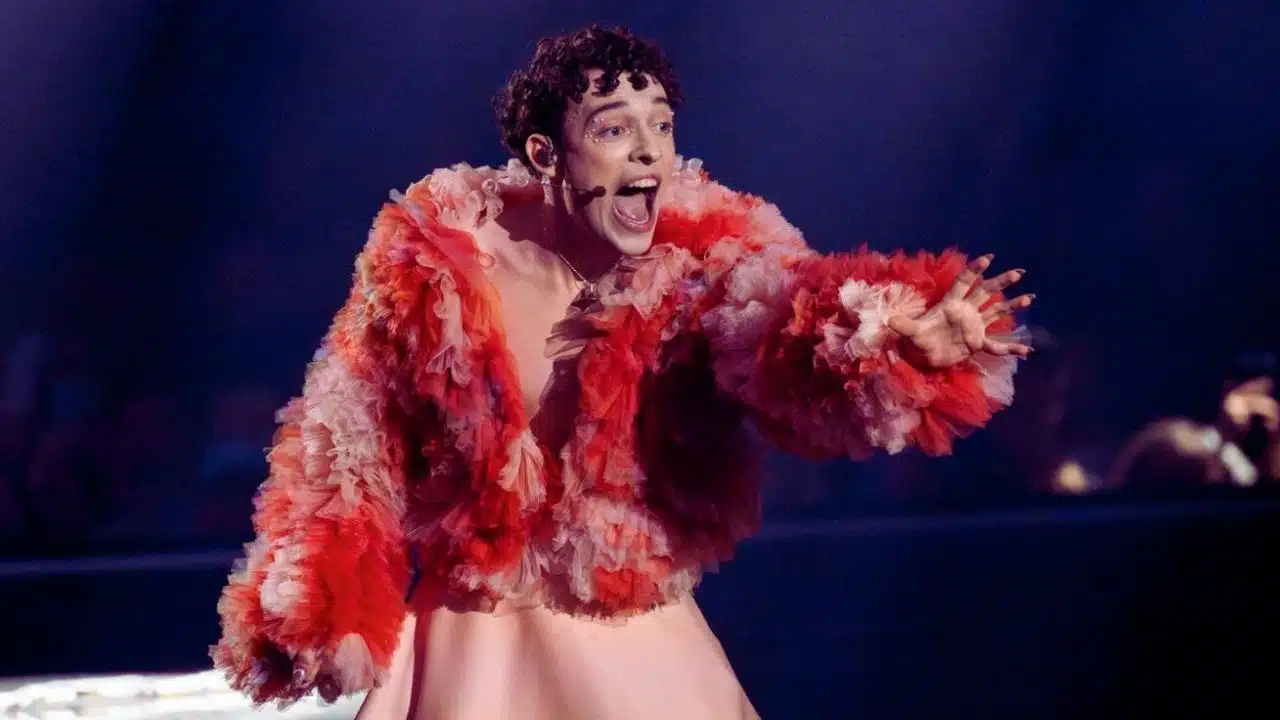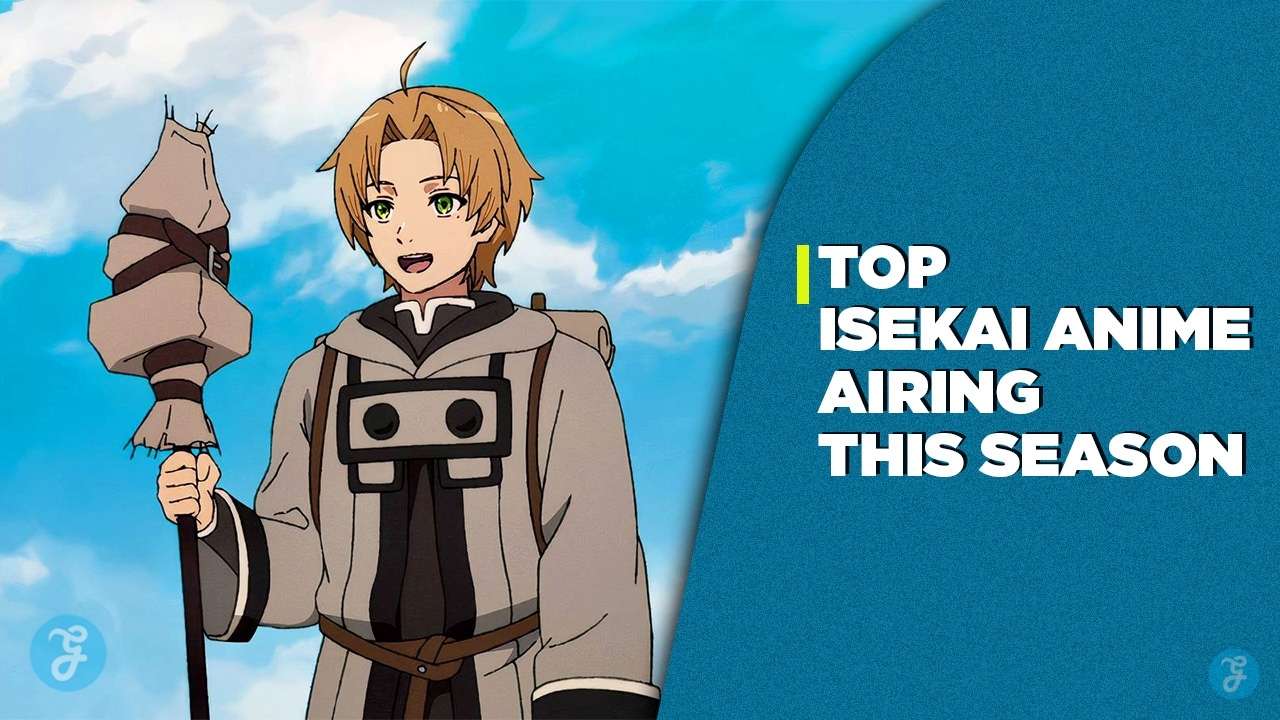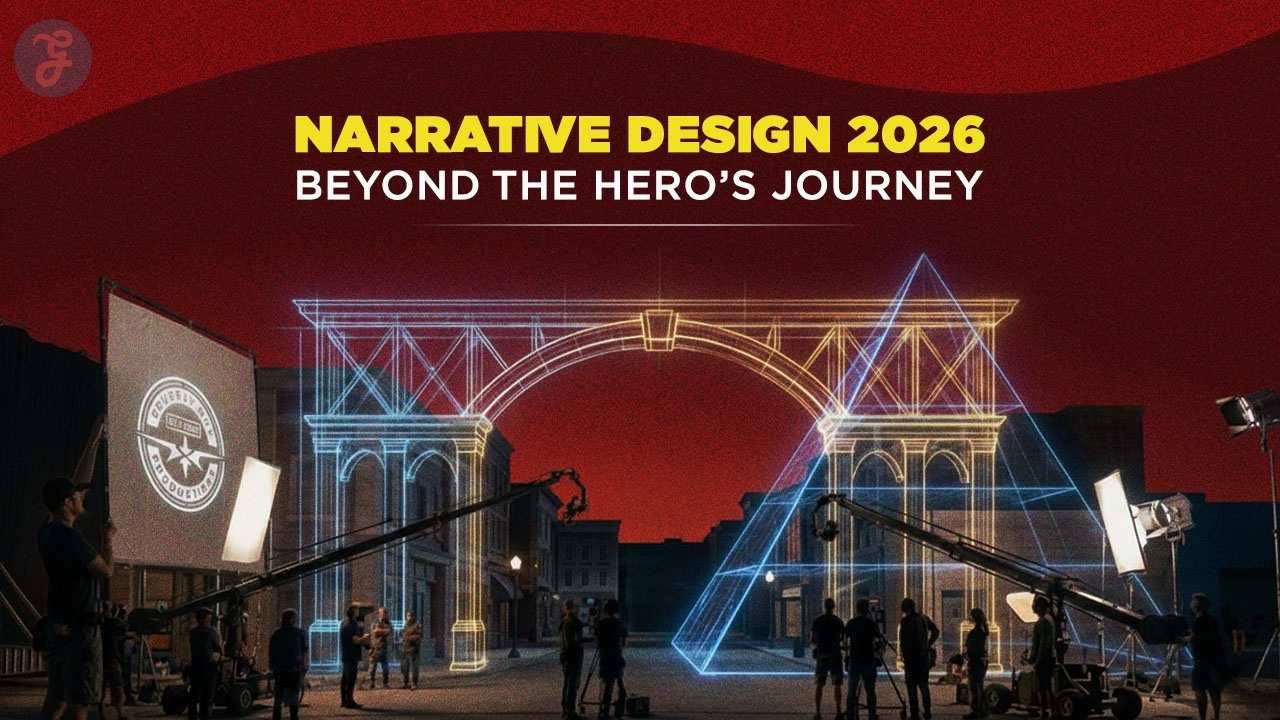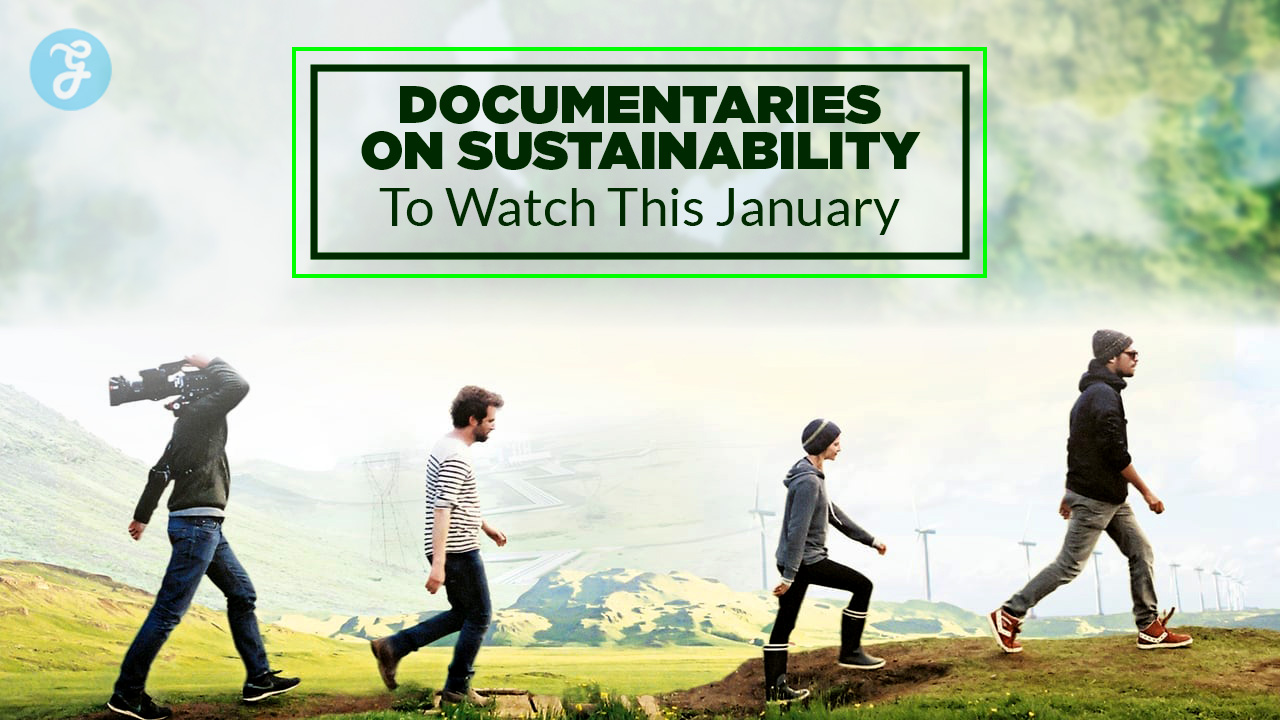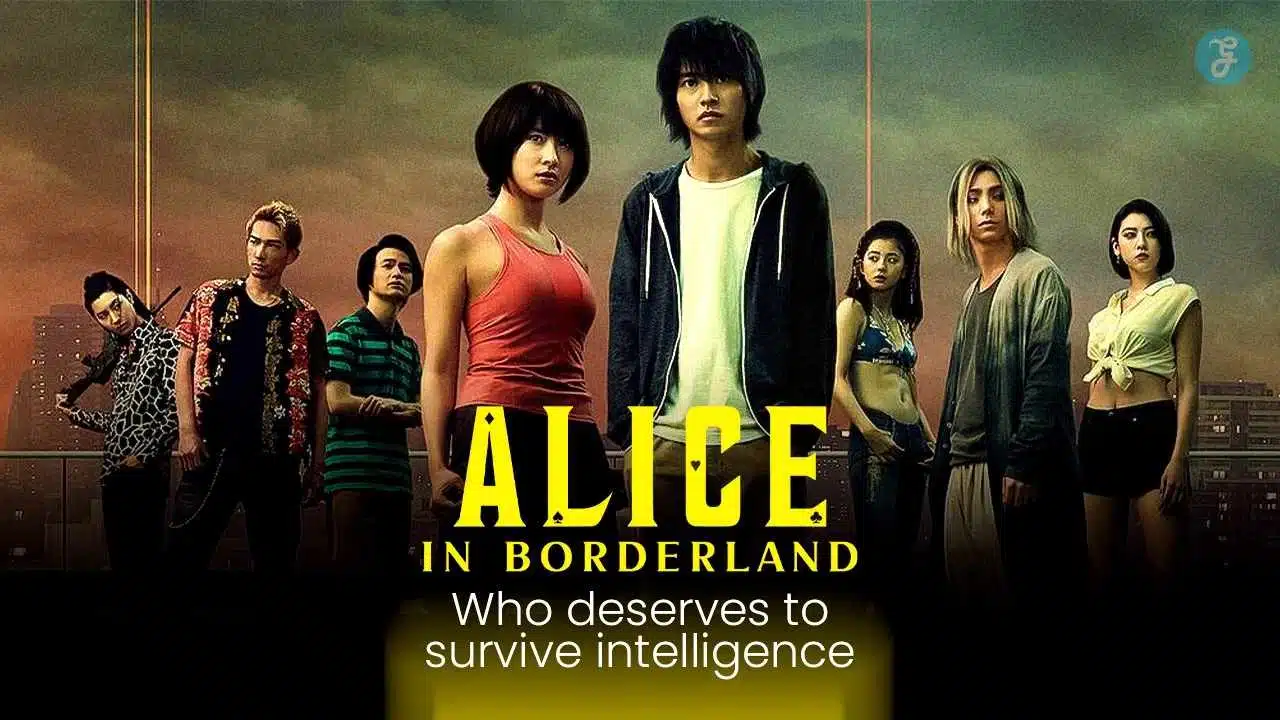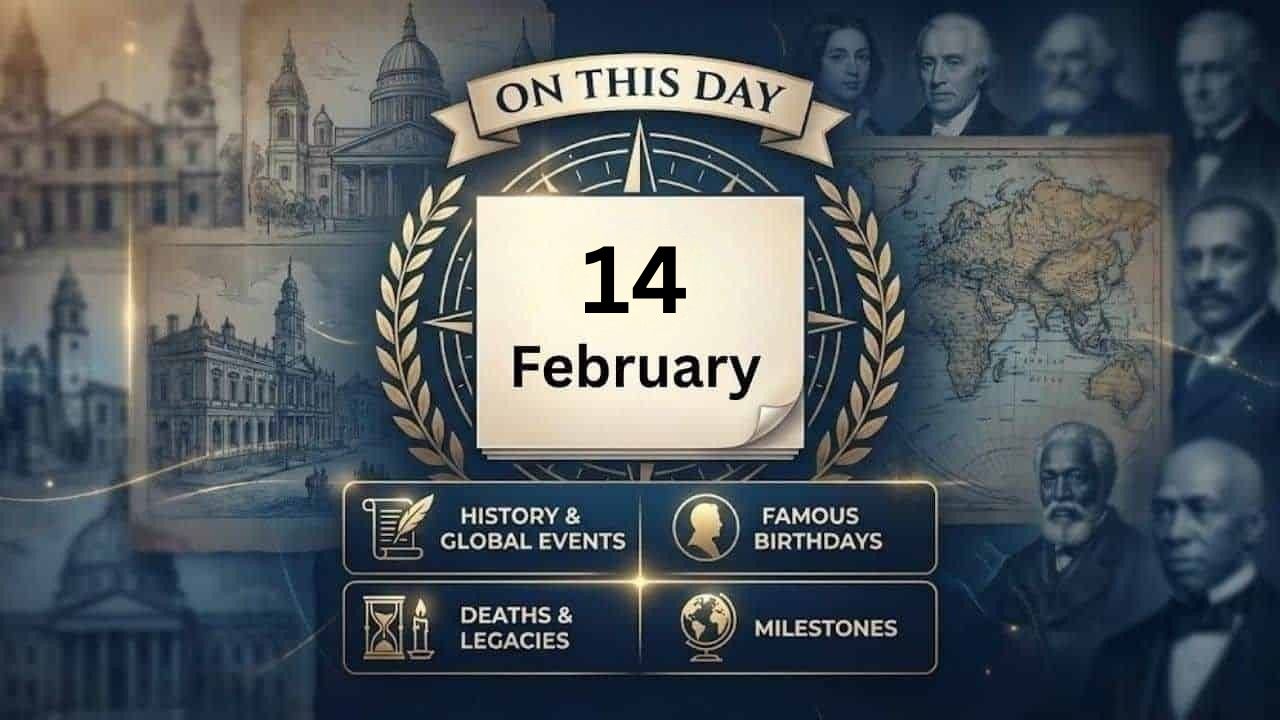In a night filled with incredible performances, heartfelt messages, and a touch of controversy, the Eurovision Song Contest 2024 has come to a close with Switzerland’s act Nemo emerging as the victorious winner. The grand finale, held on May 11, saw 25 acts take the stage to compete for the prestigious title, following the unexpected disqualification of Netherlands contestant Joost Klein earlier in the day.
Nemo’s powerful rendition of ‘The Code’ captivated audiences and judges alike, earning them a staggering 591 points through a combination of public and jury votes. As the results were announced, the emotion was palpable, with Nemo taking to the stage to express their gratitude and hope for the future. “I wanna say thank you so much, I hope this contest can live up to its promise and continue to stand for peace, and thank you to every person in this world,” Nemo said, their words resonating with the thousands in attendance and millions watching from home.
A Fierce Competition and Memorable Performances
While Nemo’s victory was well-deserved, the competition was fierce, with several other acts delivering memorable performances that left a lasting impact on the audience. Croatia’s Baby Lasagna secured an impressive second place with 547 points, while Ukraine’s Alyona Alyona & Jerry Heil rounded out the top three with a respectable 435 points.
The grand final was originally set to feature 26 acts, but the number was reduced to 25 following the disqualification of Netherlands contestant Joost Klein. The European Broadcasting Union (EBU) confirmed that Klein had been removed from the competition due to a complaint made by a female member of the production crew following the Semi-Finals earlier in the week.
According to Dutch broadcaster AVROTROS, the incident occurred after Klein’s performance on Thursday, when he was filmed despite repeatedly indicating that he did not want to be recorded. “This wasn’t respected. This led to a threatening movement from Joost towards the camera. Joost did not touch the camera woman. This incident was reported, followed by an investigation by the EBU and police,” AVROTROS stated. They argued that the “exclusion order is not proportional to this incident,” sparking a debate about the fairness of the decision.
Controversy Looms Over Eurovision 2024
While the performances and the spirit of unity were at the forefront of the Eurovision Song Contest 2024, the event was not without its share of controversy. The ongoing humanitarian crisis in Israel and Palestine cast a shadow over the proceedings, with some calling for the expulsion of Israel from the competition and others choosing to boycott the event entirely.
The long-running conflict between Israel and Palestine reignited following Hamas’s attack on Israel on October 7, 2024, leading to recurring attacks by Israel. The international community, including the UK, has called for a ceasefire, with the UK voting in favor of a ceasefire at the UN Security Council in March.
Eurovision competitors, such as UK’s Olly Alexander, used their platform to advocate for a ceasefire, joining a growing list of celebrities who have spoken out about the issue. Mean Girls’ Reńee Rapp, Euphoria star Hunter Schafer, and Marvel actor Mark Ruffalo have all voiced their support for a peaceful resolution to the conflict.
In an interview with Deadline in February, Mark Ruffalo emphasized the need for a different approach, stating, “We’ve come to understand this bombing isn’t working, we’re not going to bomb our way to peace, and all we’re saying is, what’s wrong with giving a ceasefire a chance?”
The Importance of Art in Promoting Peace
The Eurovision Song Contest 2024 served as a reminder of the power of art and music to bring people together and promote messages of peace and unity. This sentiment was echoed at the Oscars in March, where writer/director Jonathan Glazer used his acceptance speech for Best International Feature to address the issue.
Glazer’s film, The Zone of Interest, depicts a family living next door to a concentration camp in Auschwitz, serving as a poignant reminder of the horrors of war and the importance of standing up against injustice. His speech at the Oscars added to the growing chorus of voices calling for an end to the violence and a renewed commitment to finding a peaceful resolution.
As the dust settles on the Eurovision Song Contest 2024, the victory of Switzerland’s Nemo stands as a testament to the power of music to inspire, unite, and heal. The controversy surrounding the event, however, serves as a stark reminder of the challenges that still lie ahead in the quest for lasting peace and understanding.
The Eurovision Song Contest has always been more than just a musical competition; it is a platform for artists to share their messages with the world, to inspire change, and to bring people together. As we look to the future, it is crucial that we continue to use this platform to promote the values of peace, love, and unity, and to work towards a world where conflicts are resolved through dialogue and understanding, rather than violence and aggression.
In the words of Nemo, “I hope this contest can live up to its promise and continue to stand for peace.” It is a sentiment that resonates now more than ever, as we navigate the challenges of our time and strive to build a better future for all.
The Eurovision Song Contest 2024 may have come to a close, but its impact will be felt for years to come. As we celebrate the incredible performances and the spirit of unity that defined this year’s event, let us also take a moment to reflect on the work that still needs to be done to bring about lasting peace and understanding in our world.
Through the power of music, art, and the indomitable human spirit, we can continue to break down barriers, bridge divides, and work towards a future where all people can live in harmony and mutual respect. The Eurovision Song Contest 2024 has shown us that even in the face of adversity and controversy, the power of art and the human spirit can shine through, inspiring us to be our best selves and to work towards a better tomorrow.


